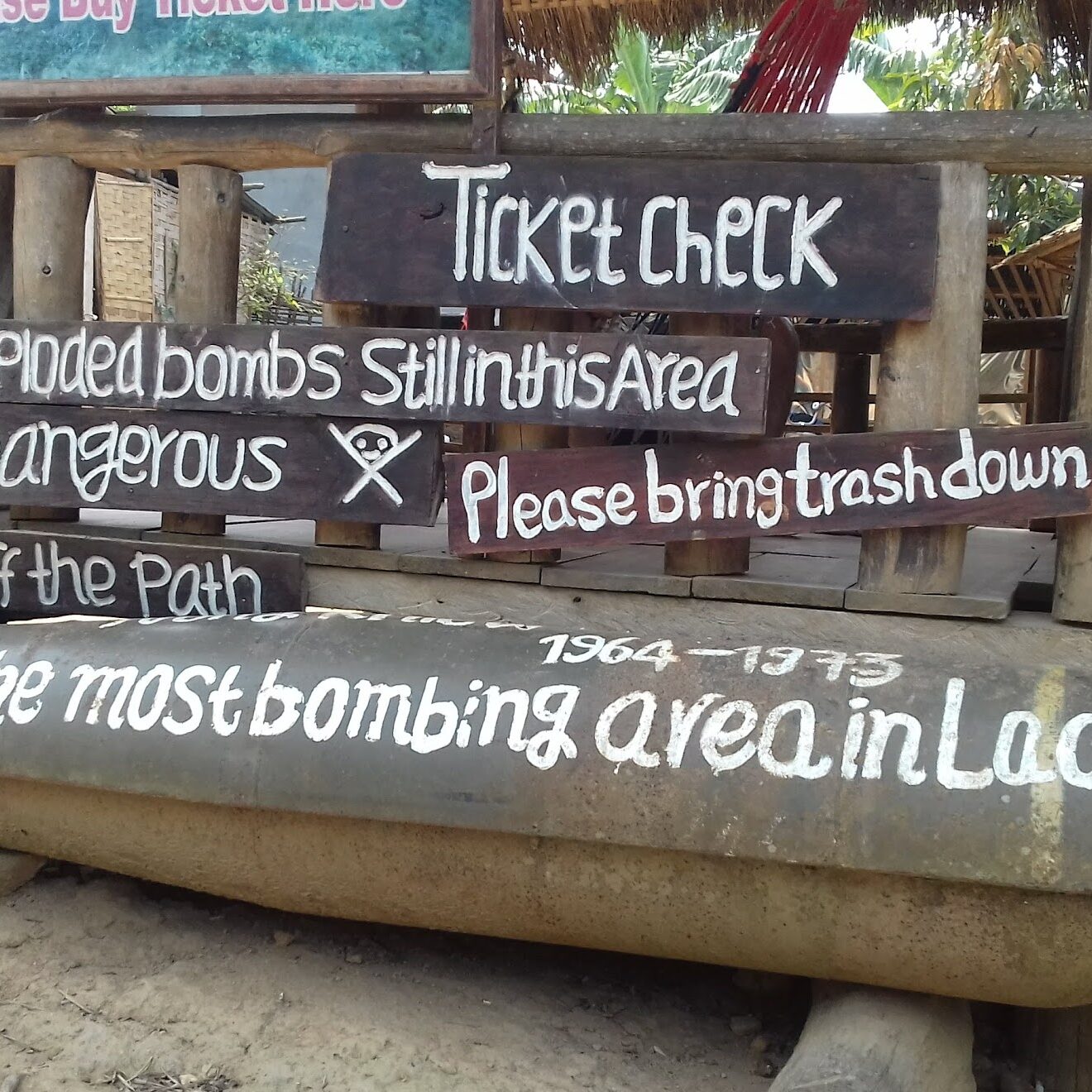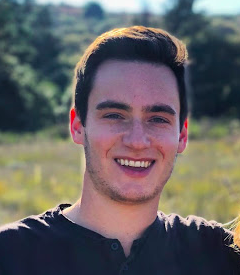The Humanitarian Impacts and Investment Risks of Conventional Weapons

April 3, 2025
Last month, I wrote about how ethical investors try to avoid companies involved with the production of controversial weapons that inflict indiscriminate harm on civilians. But it’s more common for arms makers to be involved in the production of so-called conventional weapons that are designed to destroy specific military targets. Unfortunately, conventional weapons are often used indiscriminately and in violation of international law, eroding the distinction between the two labels.
Humanitarian impacts of nuclear and other controversial weapons
A single nuclear explosion can kill hundreds of thousands of people instantly and give long-term health problems to thousands more from radiation exposure. A full-scale nuclear exchange has the potential to end civilization as we know it. In the past, fear of that worst-case scenario led nuclear powers like the U.S. and Russia to sign arms reduction treaties. Today, those treaties are fraying, and scientists are sounding the alarm of the increasing likelihood of nuclear weapons use.
Other controversial weapons like cluster bombs and landmines can kill and maim civilians for years after conflicts end. Because of these humanitarian concerns, these weapons are banned by most countries under various treaties.
Humanitarian impacts of conventional weapons
In comparison, targeted weapons that aim to destroy specific military targets are designed to be more humane. The language we use reinforces their purported precision and discrimination – “surgical” strikes delivering “smart” bombs.
But modern conflicts still cause immense human suffering from conventional weapons, particularly when they are used with excessive force or indiscriminately against civilians, in violation of international human rights law. New York Times reporting has found that weapons made by Raytheon (now RTX Corp) were used in Saudi Arabian airstrikes that killed Yemeni civilians. The New York Times has also identified Boeing-made weapons used in recent attacks that killed civilians, including an Israeli airstrike on a United Nations-run school in central Gaza.
Another concern is proliferation. Military weapons get exported to regimes with poor human rights records who use them against their own citizens to suppress dissent. They also end up in the hands of paramilitary or terrorist organizations with few scruples about using them indiscriminately. The Sudanese civil war has killed tens of thousands of civilians amid accusations that outside weapon flows are fueling the conflict.
The dangers can long outlast the fighting. Despite the Vietnam war ending more than 50 years ago, there is still ongoing harm from unexploded ordnance in Laos, the most bombed country per capita. Some of the danger comes from controversial weapons like cluster bombs, but unexploded conventional bombs also litter the landscape. These hidden weapons have killed or injured more than 20,000 civilians over the past decades.
Investment risk of conventional weapons
Many mutual funds and 401(k) accounts invest in companies connected to conventional military weapon production. But conventional arms carry similar investment risks as controversial weapons, though the risks facing controversial weapon makers is more acute.
Many of the same institutional investors (asset managers, pension funds, etc.) that have exclusion policies for controversial weapons also exclude military weapon manufacturers more broadly. When they do, they have financial justifications as well as ethical. Weapon makers face reputational risk and litigation risk when their products are used in human rights violations or conflicts. They can face sanctions, export restrictions, or outright bans on their products. These pressures can increase the market volatility for arms maker stocks.
There’s a myth that investing sustainably and avoiding weapon makers means sacrificing returns. That’s not what the evidence says – sustainable investing can offer comparable returns, even with ethical exclusions. A recent Morgan Stanley study found that “investing a hypothetical $100 into a sustainable fund in December 2018 would equate to $136 today, while investing $100 into a traditional fund over the same period would equate to $131 today.”
A message of hope
A few years ago, on a trip to Laos, I was awestruck by the county’s natural beauty; hundreds of miles of lush forest and river valleys. But I also encountered something I was not prepared to see: the prevalence of unexploded ordinance and shrapnel from conflicts ended decades ago.
Despite the lingering tragic remnants of war, the resilience of the Laotian people was undeniable. Bomb shells were repurposed as boats. Metal bomb shrapnel was molded and shaped into jewelry sold at the local riverside shops. I even came across a flowerbed made from a U.S. bomb shell. It was a striking metaphor: destruction repurposed into life, a symbol of resilience, renewal, and hope.
While conventional weapons may be more targeted than indiscriminate controversial weapons, the humanitarian impacts of their usage have proliferated across the world. But there’s hope for a peaceful future: we can cut financial ties to militarism and invest in peace and people over war and violence. Visit Weapon Free Funds to learn how to move your money out of military weapon manufacturers.
